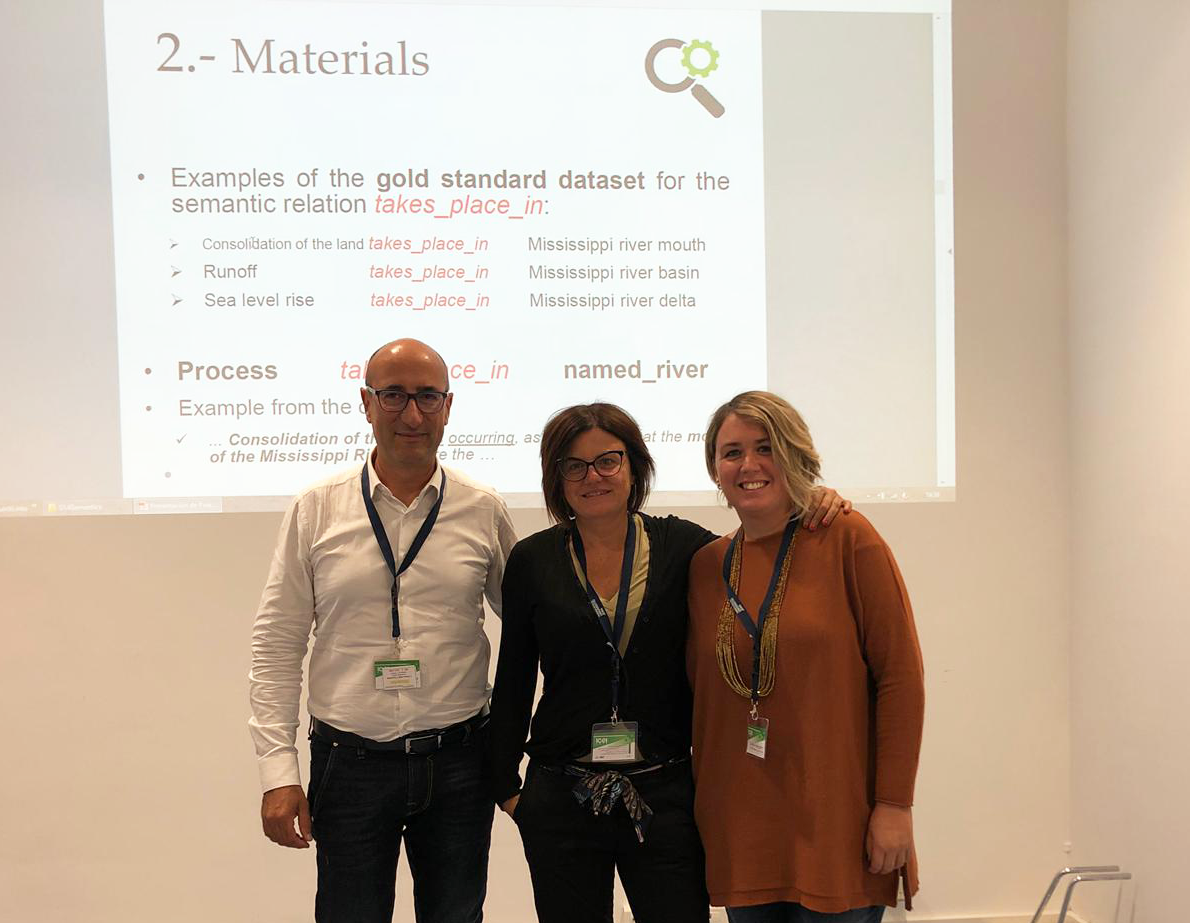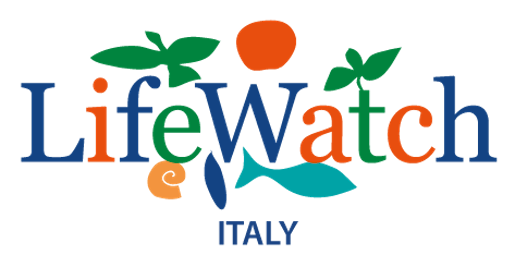
The 10th International Conference on Ecological Informatics (ICEI2018) took place in Jena, from September 24th to 28th, aiming at bringing together researchers interested in data-intensive ecology from both an ecological and a computer science point of view.
The Conference was held at the Friedrich-Schiller-Universität and was articulated in plenary and parallel thematic sessions addressing key topics for ecological informatics.
LifeWatch Italy together with LifeWatch Greece, the Friedrich Schiller University of Jena, the University of Montpellier – LIRMM and the Freie Universität of Berlin organised the special session “S1.6 – Semantics for biodiversity and ecosystem research“, aimed at bringing together computer scientists, biologists and ecologists working on Semantic Web approaches in biodiversity and ecosystem research. Building up on the success of a number of initiatives organised by the chairs, such as the “Thesauri & Semantics in the Ecological Domain”, “Ontology & Semantic Web for Research” and “Semantics for Biodiversity” workshops, this special session sought to keep up with the positive momentum and define a common strategy for advancing semantic web approaches in these domains.
The session, planned for the fourth day of the conference (September 27th) and divided in two parts in the morning and afternoon, comprised 12 oral presentations featuring speakers from several international institutions, and spanning different topics (please see the full list of session contribution at the end of this article).
The chairs expressed high satisfaction both for the wide participation and the diversity of the talks presenting new ideas and early on experiences related to the design of high quality biodiversity and ecosystem information systems based on Semantic Web techniques. This session is a step further towards sharing common strategies among disciplines and among international institutions and infrastructures.
All presentations will soon be available on the conference website.
S1.6 – Semantics for biodiversity and ecosystem research
Chairs: Alsayed Algergawy, Clement Jonquet, Naouel Karam, Friederike Klan, Nikos Minadakis, Alessandro Oggioni, Caterina Bergami, and Ilaria Rosati.
Contributions:
T1 – LakeBase Semantic Service (Jan Martin Keil)
T2 – Towards an Interactive Approach for Ontology Recommendation and Reuse (Marwa Abdelreheim, Friederike Klan and Taysir Soliman)
T3 – Towards a harmonization of distributed trait datasets (Florian D. Schneider, Malte Jochum, Gaetane Le Provost, Andreas Ostrowski, Caterina Penone and Nadja K. Simons)
T4 – Towards Interoperability for Observed Parameters: Position Statement of an Emerging Working Group (Barbara Magagna, Markus Stocker and Michael Diepenbroek)
T5 – Extending the Environment Ontology with Text-mined Habitat Mentions (Riza Batista-Navarro, Marie-Angelique Laporte, Michael Regan, William Ulate and Claus Weiland)
T6 – A Semantic Big Biodiversity Data Integration Tool (Taysir Soliman, Alsayed Algergawy, Birgitta König-Ries, Majid Askar and Marwa Abdelreheim)
T7 – How to Search for Biological Data? A Comparison of User Interfaces in a Semantic Search (Felicitas Löffler, Friederike Klan and Birgitta Koenig-Ries)
T8 – Visualizing the research ecosystem of ecosystem research via Wikidata (Daniel Mietchen, Finn Årup Nielsen and Egon Willighagen)
T9 – Extracting granular information on habitats and reproductive conditions of Dipterocarps through pattern-based literature analysis (Roselyn Gabud and Riza Batista-Navarro)
T10 – Towards Semantic Data Management in LifeWatch Italy: the Phytoplankton Study Case (Nicola Fiore, Caterina Bergami, Carla Carrubba, Alessandro Oggioni, Ilaria Rosati, Elena Stanca and Paolo Tagliolato)
T11 – Provenance-based Semantic Approach for the Reproducibility of Scientific Experiments (Sheeba Samuel and Birgitta König-Ries)
T12 – Extraction of terms highly associated with named rivers (Juan Rojas-Garcia, Riza Batista-Navarro and Pamela Faber)

